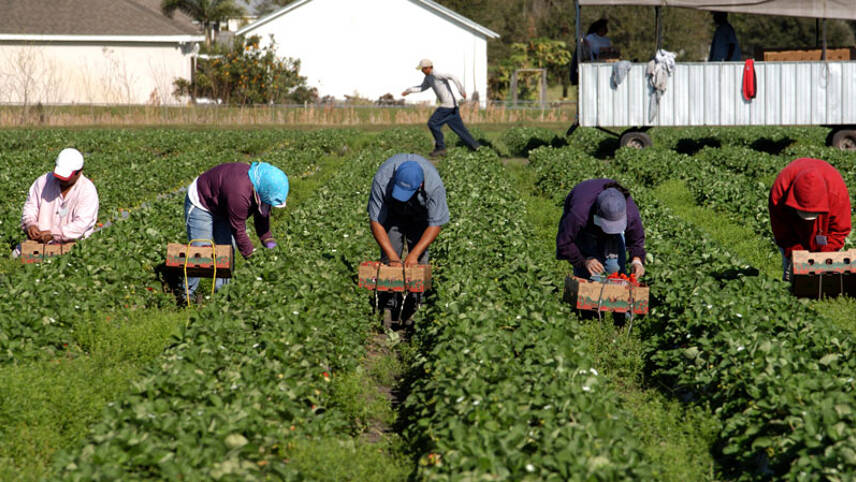Register for free and continue reading
Join our growing army of changemakers and get unlimited access to our premium content

The investors, convened by ShareAction’s Workforce Disclosure Initiative, have written to the ISSB encouraging the body to develop the new standards during its upcoming two-year work plan, beginning in 2024.
The ISSB was first proposed by the not-for-profit International Financial Reporting Standards Foundation (IFRS Foundation) in early 2021 and launched later that year. Its aim is to unify environmental and social disclosures from corporates, helping investors and other stakeholders to properly compare their performance and risks.
Earlier this year, the ISSB launched its first two standards, which are focused on climate mitigation and adaptation. It also began accepting feedback on which environmental and/or social topics to focus on in the near future.
The investors writing to the body this week have urged the prioritization of a new framework which would unify corporate disclosures on worker rights and measures taken to uphold human rights across value chains.
They have stated in a letter that investor demand for greater volumes of better-quality workforce data “is at an all-time high”, with willingness to invest in businesses that have human rights abuses in their value chains decreasing.
This is partly due to the ways in which human rights abuses were in the spotlight during Covid-19 lockdowns, and the demand observed for better worker protections and treatment as labour markets have slowly recovered over the past 18 months.
Aside from human rights, the ISSB will produce standards on biodiversity, natural resources, social value and human capital. It will also set out guidance on connecting financial reporting with thee emerging kinds of non-financial reporting.
The letter for investors calls on the ISSB to consider whether standards on human rights, human capital and social value could be interlinked. This would ensure that companies disclose information on the topics together and would prompt them to consider developing more joined-up strategies. The letter argues that, in practice, neither companies nor investors treat the topics as totally separate areas.
“By separating [these topics] out conceptually, the ISSB risks creating overlapping disclosures which will add further confusion to the already fragmented social disclosure framework currently being navigated by companies and investors,” states the letter.
Among the letter’s signatories are Scottish Widows, Rathbone Greenbank Investments and Tribe Impact Investments. There are also several major pension fund initiatives supporting the letter, including the Universities Superannuation Scheme and the Local Authority Pension Fund Forum.
Ethos Foundation, set up by Swiss pension funds, is another supporter. The Foundation’s chief executive Vincent Kauffman said: “Covid-19 and the subsequent mass fluctuation it caused in the labour market has emphasised just how critical human beings are to the long-term success of any business.
“Be it good people management within the workforce or comprehensive human rights due diligence across the supply chain, an organisation that prioritises human wellbeing stands the best chance of succeeding in the future.
“As the financial materiality of these issues becomes increasingly clear, it is crucial investors have access to comprehensive and comparable social data from businesses to help inform investment decisions.”
The letter states that the new ISSB resources “cannot come soon enough”. Should the body choose to focus on human rights and human capital as a priority, new standards could be launched by late 2025.
Previous work from the World Benchmarking Alliance has revealed that half of the world’s biggest companies are unable to prove they are aligning with UN requirements on human rights. The organisation has also tracked broadly poor action to safeguard workers against Covid-specific risks raised during 2020.


Please login or Register to leave a comment.